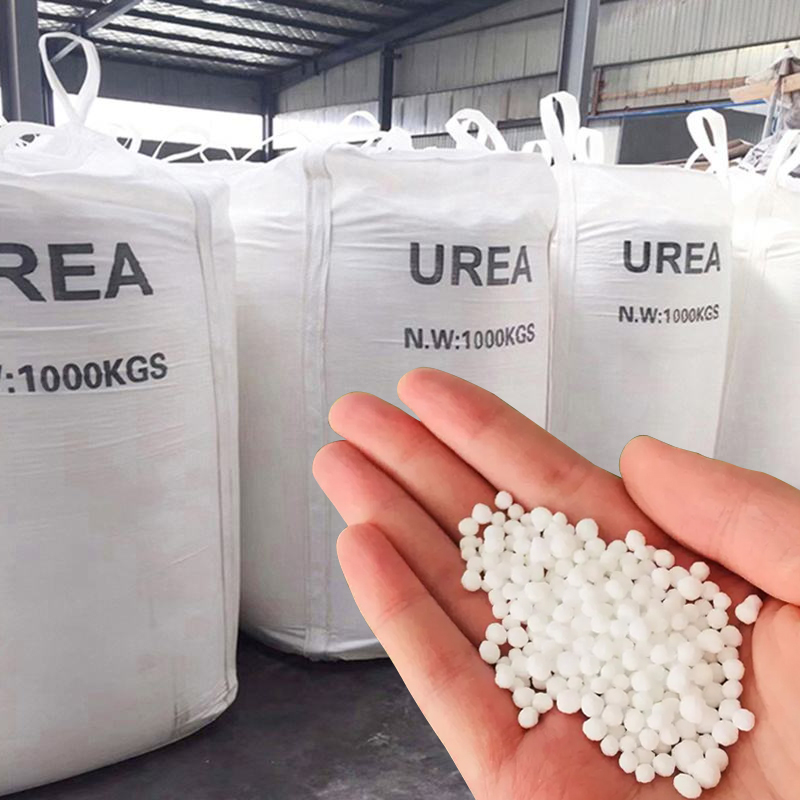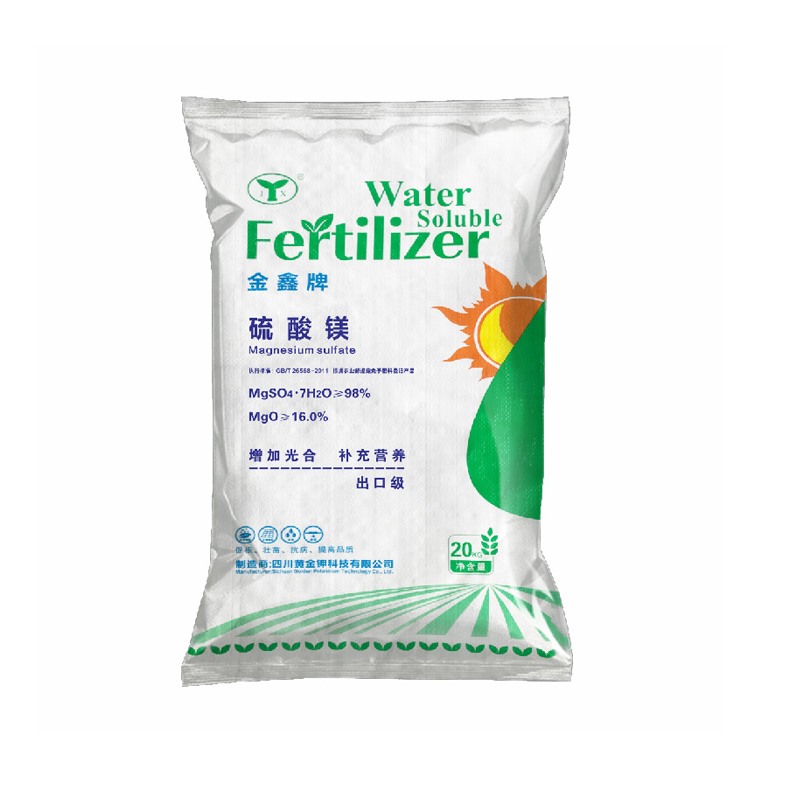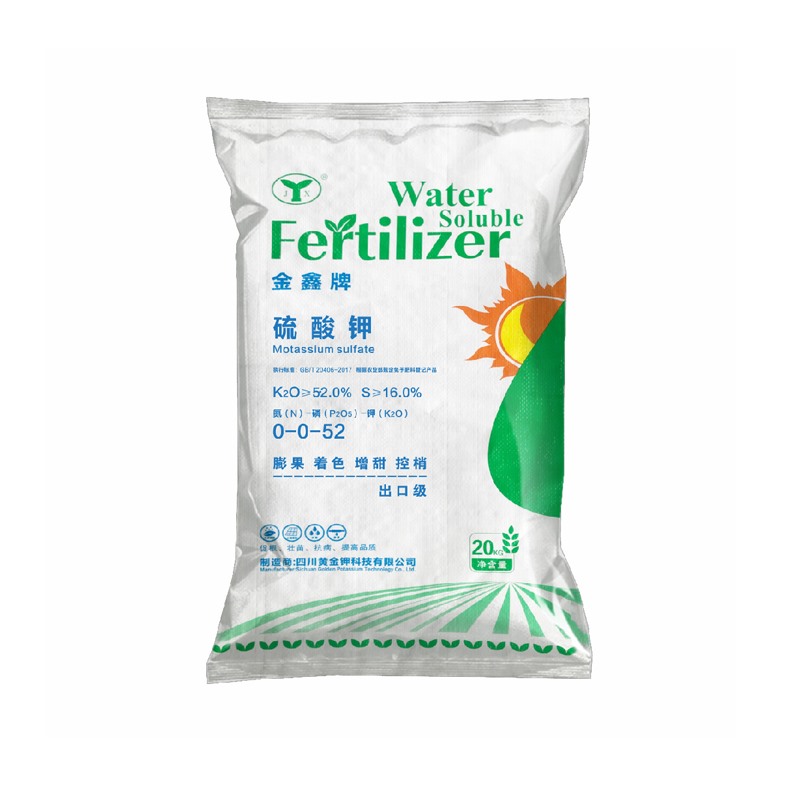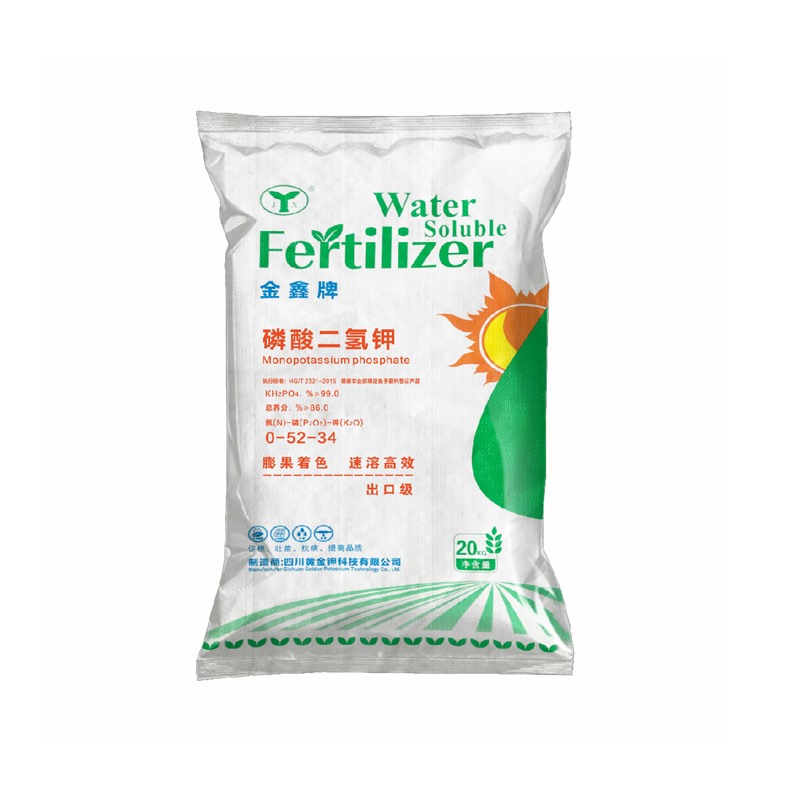Characteristics and precautions of common fertilizers
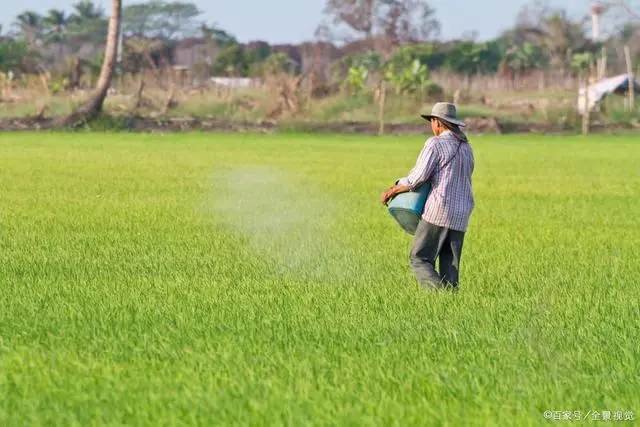
1.Ammonium bicarbonate
Ammonium bicarbonate is ammonium carbonate, which contains about 17% nitrogen.
Features: It can decompose at room temperature when it is damp. The higher the temperature, the faster the decomposition.No harmful impurities remain in the soil.
Precautions: It should be sealed during storage and transportation, and should not be damp or exposed to the sun.Irrigate immediately after fertilization and do not mix with alkaline substances.
2.Ammonium nitrate
Ammonium nitrate is ammonium nitrate, which contains about 35% nitrogen.
Features: It is easy to decompose when heated and easy to explode when hit by high temperature or violent impact.The fertilizer efficiency is high and there is no adverse effect on the soil.
Precautions: Do not mix with flammable or alkaline substances.When agglomerated, it cannot be smashed.
3.Ammonium sulfate
Ammonium sulfate is ammonium sulfate, which contains about 21% nitrogen.
Features: Long-term use will increase the acidity of the soil and cause compaction and hardening.
Precautions: It cannot be mixed with alkaline substances, and it is not easy to use in large quantities for a long time.
4.Potassium sulfate
Potassium sulfate is a kind of potash fertilizer, which is practical for various crops and can be used as base fertilizer or top fertilizer.
However, long-term use will compaction the soil, so it is not easy to use for a long time.
5.General calcium, heavy calcium
General calcium, also known as lime perphosphate, the main components are calcium dihydrogen phosphate and gypsum.
Heavy calcium, also known as heavy superphosphate, is the main component of calcium dihydrogen phosphate.
Both general calcium and heavy calcium are water-soluble phosphate fertilizers. The fertilizer efficiency of heavy calcium is higher than that of general calcium. It is best to mix it with farm fertilizer when using it.
